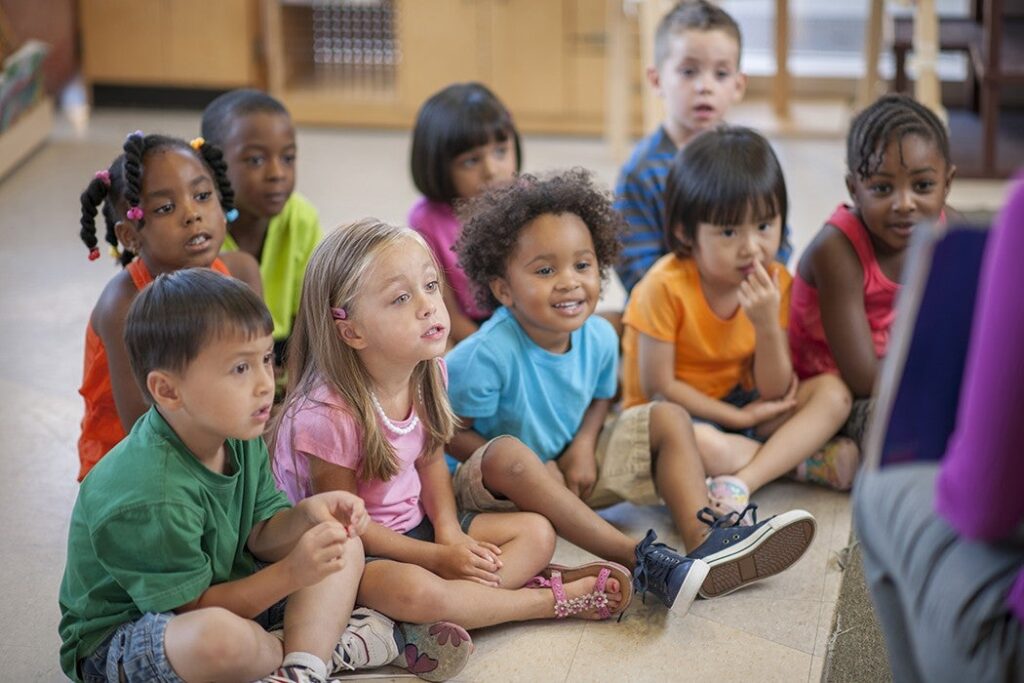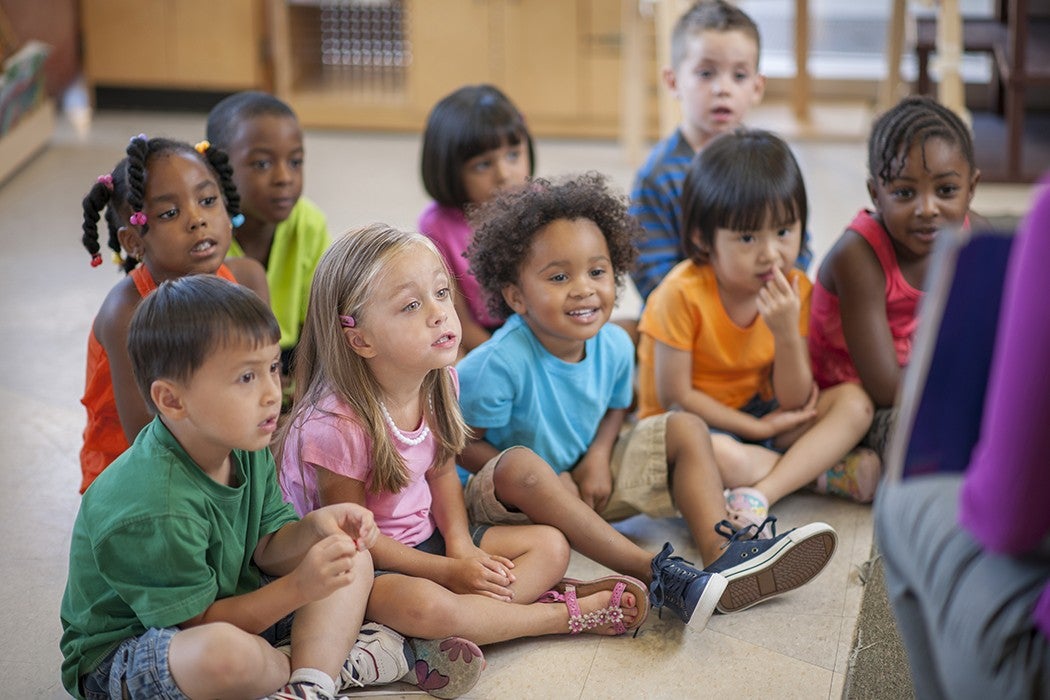
Crafting Heartfelt Notes to Kindergarteners: A Guide for Educators and Parents
Kindergarten is a pivotal year, marking a child’s initial foray into formal education. It’s a time of immense growth, learning, and social development. As educators and parents, we play a crucial role in nurturing their confidence and fostering a positive learning environment. One often overlooked yet powerful tool is the simple act of writing notes to kindergarteners. These notes to kindergarteners, whether a quick encouraging word or a more detailed observation, can significantly impact a child’s self-esteem and motivation.
This guide explores the art of crafting effective and heartfelt notes to kindergarteners. We’ll delve into the importance of these messages, provide practical tips for writing them, and offer examples to inspire your own personalized notes to kindergarteners. Whether you’re a teacher looking to connect with your students or a parent wanting to brighten your child’s day, this guide will equip you with the tools you need.
The Profound Impact of Positive Reinforcement
Young children thrive on positive reinforcement. At this age, their understanding of the world is still developing, and they rely heavily on external validation. A well-crafted note can serve as a powerful source of encouragement, helping them to:
- Boost Self-Esteem: Positive notes to kindergarteners can affirm their abilities and build confidence.
- Encourage Effort: Acknowledging their hard work, even if the outcome isn’t perfect, promotes perseverance.
- Strengthen the Home-School Connection: Notes to kindergarteners can bridge the gap between home and school, fostering a collaborative learning environment.
- Improve Behavior: Recognizing and praising positive behavior reinforces desired actions.
- Create a Positive Association with Learning: By associating learning with positive feedback, you can cultivate a lifelong love of education.
Key Elements of Effective Notes
While the intention behind a note is crucial, the way it’s written can significantly impact its effectiveness. Consider these key elements when composing notes to kindergarteners:
Specificity is Key
Avoid vague praise like “Good job!” Instead, be specific about what the child did well. For example, instead of saying “Good drawing,” try “I loved how you used so many different colors in your drawing of the rainbow!” Specificity makes the praise more meaningful and helps the child understand what they did well.
Focus on Effort and Process
Emphasize the child’s effort and the process they used, rather than solely focusing on the outcome. This encourages a growth mindset, where children believe their abilities can be developed through dedication and hard work. For instance, you could write, “I noticed how carefully you were counting the blocks. That’s great focus!”
Use Positive Language
Frame your notes to kindergarteners using positive language. Instead of saying “Don’t forget to raise your hand,” try “Remember to raise your hand when you have a question. I know you can do it!” Positive language is more encouraging and less likely to discourage the child.
Keep it Short and Simple
Kindergarteners have short attention spans. Keep your notes to kindergarteners concise and easy to understand. Use simple language and avoid complex sentences. A few well-chosen words can be more effective than a lengthy paragraph.
Personalize the Message
Make the note personal by using the child’s name and referencing something specific about their personality or interests. This shows that you see them as an individual and that you care about their unique qualities. For example, “Sarah, I loved hearing your funny story about your cat this morning!”
Add Visual Appeal
Consider adding a small drawing, sticker, or colorful border to your notes to kindergarteners. Visual elements can make the note more engaging and appealing to young children. Even a simple smiley face can make a big difference. [See also: Art Projects for Kindergarteners]
Examples of Notes to Kindergarteners
Here are some examples of notes to kindergarteners that you can adapt to your own situation:
- For Effort: “Michael, I saw how hard you worked on your letter writing today. Keep up the great effort!”
- For Kindness: “Emily, it was so kind of you to share your crayons with your friend. That was a wonderful thing to do!”
- For Creativity: “David, your painting is so creative! I love all the different colors you used.”
- For Problem-Solving: “Sophia, you did a great job figuring out how to build that tower with the blocks. You are a great problem solver!”
- For Following Directions: “John, you followed all the directions so well during our activity today. Thank you for listening so carefully!”
Practical Tips for Implementation
Integrating notes to kindergarteners into your daily or weekly routine can be easier than you think. Here are some practical tips:
Designate a Specific Time
Set aside a specific time each day or week to write notes to kindergarteners. This will help you stay consistent and ensure that you’re regularly providing positive feedback. Even 15 minutes a day can make a significant difference.
Keep a List of Observations
Throughout the day, jot down specific observations about each child’s behavior, effort, or accomplishments. This will provide you with concrete examples to use in your notes to kindergarteners and make the messages more meaningful.
Use a Template
Create a simple template for your notes to kindergarteners to save time. The template can include a space for the child’s name, a specific observation, and a closing message. This will help you streamline the process and ensure that you’re consistently including the key elements of effective notes.
Involve Parents
Communicate with parents about your initiative to write notes to kindergarteners. Encourage them to do the same at home. This will create a consistent message of encouragement and support for the child. [See also: Parent-Teacher Communication Strategies]
Make it Fun!
Writing notes to kindergarteners should be a positive experience for both you and the child. Get creative with the design and language of your notes, and remember to focus on the joy of connecting with your students or children. Using colorful pens, stickers, or even creating small, personalized drawings can add to the fun.
Addressing Challenges and Concerns
While the benefits of notes to kindergarteners are undeniable, there may be some challenges or concerns that arise. Here are some common issues and how to address them:
Fairness and Equity
It’s important to ensure that all children receive notes to kindergarteners, regardless of their academic performance or behavior. Focus on finding positive qualities in each child and highlighting their individual strengths. Keep track of which children you’ve written to and make a conscious effort to reach out to those who may not receive as much attention.
Time Constraints
Teachers are often faced with significant time constraints. Prioritize writing notes to kindergarteners by incorporating it into your existing routines. Use short, specific observations and utilize a template to streamline the process. Even a few minutes each day can make a big difference.
Parental Involvement
Some parents may be hesitant to participate in writing notes to kindergarteners. Educate them about the benefits of positive reinforcement and provide them with examples and resources. Emphasize that the notes don’t have to be lengthy or elaborate; even a simple message of encouragement can be effective. [See also: Engaging Parents in Early Childhood Education]
The Enduring Value of Connection
In conclusion, writing heartfelt notes to kindergarteners is a powerful tool for fostering their self-esteem, encouraging their effort, and strengthening the home-school connection. By focusing on specificity, effort, positive language, and personalization, you can create messages that resonate with young children and inspire them to reach their full potential. Remember, these small acts of kindness can have a lasting impact on their lives and shape their future as confident, capable learners. The simple act of crafting notes to kindergarteners is an investment in their future.

